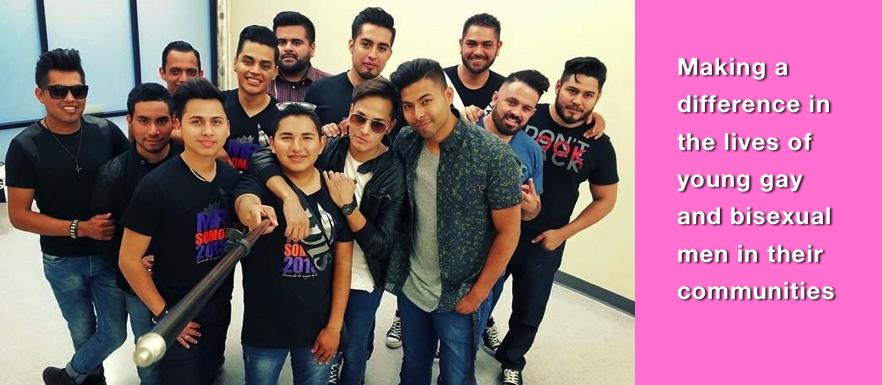The Mpowerment Project (MP) was carefully designed and tested in several different communities to see if it was successful in reducing sexual risk behavior among young gay/bisexual men.
The intervention’s success has been established through carefully controlled scientific studies. However, every community and community-based organization (CBO) is somewhat different, and each community and organization that decides to adopt the Project will need to adapt the intervention to its own unique circumstances.
It is better to have
small, measurable
goals and objectives
than sweeping,
unrealistic ones.
 |
| Attend the Mpowerment Training. Contact Ben Zovod at 415.476.6428 or ben.zovod@ucsf.edu |
Five important questions the Implementing Agency and the Project should be asking itself include:
1. Are we implementing the Project with all the Core Elements and following the Key Characteristics of the MP?
2. If we adapted the MP, are we conducting it with fidelity to the Guiding Principles of the original model?
3. Was something left out or changed from the MP that may make the intervention more or less effective than originally demonstrated?
4. What MP Core Elements are being delivered and to whom? How well are the MP Core Elements being implemented?
5. Are we obtaining the necessary information we need to satisfy our funder?
RELATED: 7 issues that will facilitate or impede MP implementation
RELATED: 8 ways to provide agency leadership for the Mpowerment Project
RELATED: 11 themes to address in implementing Mpowerment for YBMSM
 |
| U-BE | Mpowerment Dallas TX |
 |
| MP monitoring and evaluation resources can be copied from the manual or downloaded from the mpowerment.org website. |
 |
| Follow the adventures of these Mpowerment Projects |







